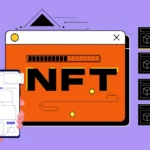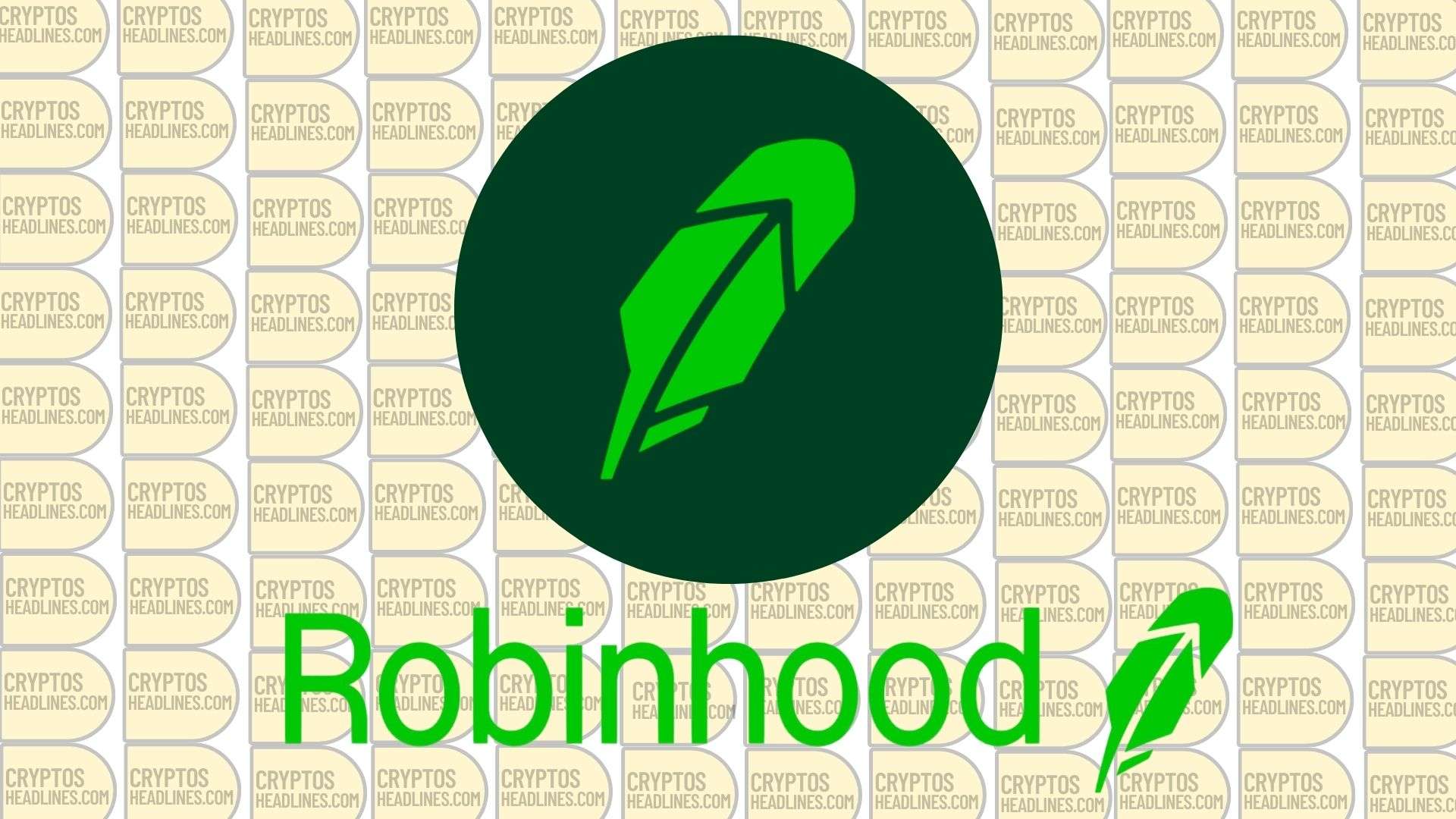Later this month, Robinhood, the popular trading platform, announced its intention to delist Cardano (ADA), Polygon (MATIC), and Solana (SOL)
In response to the increased regulatory scrutiny on cryptocurrency exchanges such as Coinbase and Binance, Robinhood has made the decision to discontinue support for Cardano (ADA), Polygon (MATIC), and Solana (SOL). These three tokens, considered top digital currencies, will no longer be available on the commission-free trading platform starting from June 27th. Robinhood’s move marks it as the first exchange or brokerage to delist these particular digital assets.
Confirming the earlier speculations, Robinhood made an official announcement today regarding the delisting of assets designated as investment contracts by the United States Securities and Exchange Commission (SEC). In response to this development, the trading platform has advised its users to transfer their assets before the designated deadline. This move by Robinhood aligns with the increasing regulatory scrutiny on cryptocurrencies and the need to comply with securities regulations.
In its statement, Robinhood clarified that users will still have the option to transfer the affected cryptocurrencies until the specified date. However, users who choose not to transfer their funds will have them liquidated at the prevailing market rate. The resulting funds will then be credited to their Robinhood buying power. This approach ensures that users have an opportunity to manage their assets and make necessary arrangements before the delisting takes effect.
Also Read: Robinhood Considers Delisting SEC- Deemed Securities in Crypto
Robinhood reassured its users that the delisting of Cardano (ADA), Polygon (MATIC), and Solana (SOL) will not impact the trading of any other cryptocurrencies on its platform. The company emphasized that users’ assets remain secure and unaffected by this change. This confirmation aims to alleviate concerns and prevent any panic selling among Robinhood’s user base. By providing this assurance, Robinhood aims to maintain trust and confidence in its platform’s stability and security.
Robinhood Ensures Compliance with Regulatory Requirements
Delisting tokens labeled as securities by regulatory bodies is a common occurrence in the cryptocurrency industry. Coinbase, currently facing increased scrutiny from the market regulator, has previously faced a similar situation with XRP.
In December 2020, when the U.S. Securities and Exchange Commission (SEC) filed a lawsuit against Ripple Labs, Coinbase made the decision to delist XRP, the indicted cryptocurrency at the time. This move aligned with several other trading platforms that chose to distance themselves from the digital currency in response to the regulatory action.
Robinhood’s primary objective is to maintain compliance with legal requirements, and while the brokerage embraced digital currencies only a few years ago, its loyalty to the affected tokens may not have been deeply rooted. The forthcoming actions of other exchanges regarding the delisting of Cardano (ADA), Polygon (MATIC), and Solana (SOL) will reveal the extent to which Robinhood’s decision will be echoed within the industry.
Also Read: Cardano Foundation Clashes With US SEC; Robinhood Considers Delisting $ADA
Important: This article is intended solely for informational purposes. It should not be considered or relied upon as legal, tax, investment, financial, or any other form of advice.
Follow Cryptos Headlines on Google News
Join Cryptos Headlines Community











